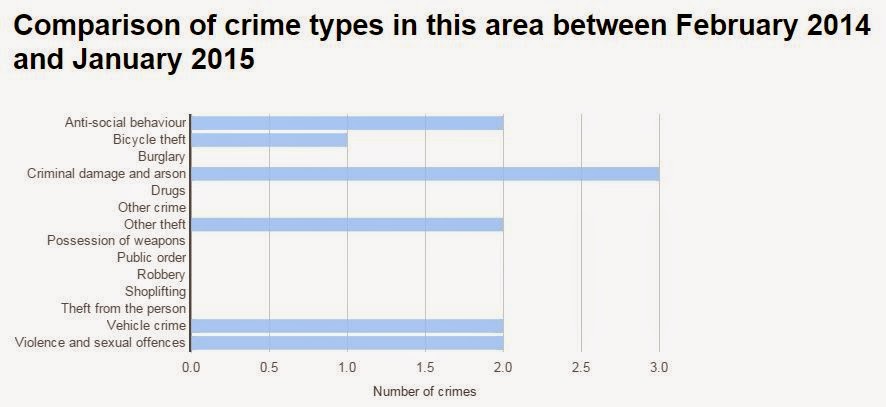It's funny to look back to early nineteenth century Birmingham - a hothouse for the chartists, and then for the Public Library movement, leading ultimately to the Public Libraries Act of 1850. Then came the rush for all 'Northern' (north of London that is) cities to build Public Libraries, Birmingham at the forefront.
It was, of course, resisted by the Conservatives. There were concerns that the act 'enforced' taxes for Libraries on everyone, that they might compete against private interests, they might 'become sites of social agitation', and that there was no need for libraries anyway, seeing as no one really read, except the educated rich. The arguments for - Public libraries would provide facilities for self-improvement through books and reading for all classes, not just those who were wealthy (see wikipedia).
So what's changed? In terms of the arguments (and who is on which side) very little. In terms of civic Birmingham's place in those arguments? That's a little harder to place. While the new Library of Birmingham was the only completely free site to make the top ten visitor attraction sites in the UK last year (2.5 million visitors), and the only one outside London, cuts will see the library staffing cut in half, as will the opening hours.
And what about the alternatives to Council-run libraries? Can partnerships be the answer? Well so far it's not been a very successful experiment:
"...in Bristol two floors of the Central Library are being taken over by a Free School. The concerns there are over loss of storage/office space for the library, a suspicion that the Free School has been given too good a deal and some doubt over the ideological motivations of the relevant councillors in the move. The second is the taking up of considerable space in Cambridge Central Library by a private company for business offices. This has similar themes – with extra concern over the commercialisation of the library and the speed with which the decision was made." Public Library NewsIn Birmingham we had the Tescos / Spring Hill Library partnership from 2010. At first it appeared the partnership might help pay for renovation and renewal of the beautiful early Public Library, but even though it's imminent closure appeared to be delayed in March 2014, its future is far from certain. Partnership appears to be more a gradual diminishing of services and a movement to privatisation.
150 years on it still seems Libraries are fighting to argue their economic and social benefits, as over a century of community support, including libraries, seems to be undone in a couple of years.
Useful links:

















